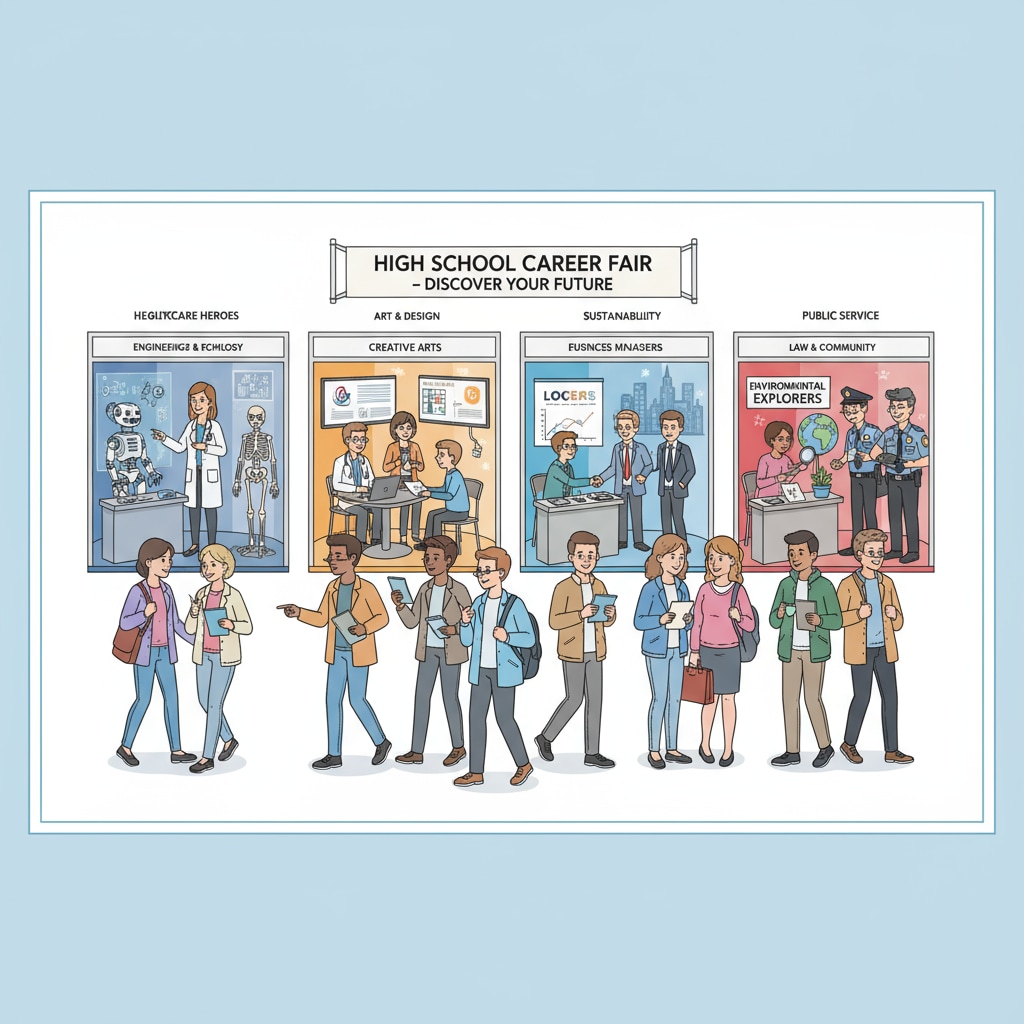Career choices, higher education, and employment prospects are major concerns for contemporary high school graduates. As they stand at the crossroads of their lives, the decisions they make now can have a profound impact on their future. The process of choosing a career path is often fraught with difficulties and uncertainties.

The Dilemma of Career Choice
High school graduates are often overwhelmed by the vast number of career options available. They may have little exposure to the real world of work during their school years, making it hard to understand what each career entails. For example, a student interested in technology might not know the difference between software engineering and data analytics. This lack of knowledge can lead to indecision and anxiety. Moreover, external factors such as parental expectations and societal pressure can further cloud their judgment. Parents may push their children towards certain professions they consider prestigious or secure, while society often glorifies certain careers, leaving graduates feeling pressured to conform. Career choice on Wikipedia

The Role of Higher Education
Higher education plays a crucial role in shaping a graduate’s career prospects. However, choosing the right institution and program can be another hurdle. Different universities and colleges offer a wide range of courses, and each has its own reputation and curriculum. A student aiming for a career in medicine needs to select a medical school with a strong academic record and excellent clinical training facilities. Additionally, the cost of higher education is a significant factor. Many graduates are burdened with student loans, which can influence their career choices later on. They may feel compelled to take jobs that offer higher salaries to pay off their debts rather than following their true interests. Higher education on Britannica
To overcome these challenges, high school graduates should start by self-assessment. They need to identify their interests, skills, and values. This can be done through career aptitude tests, internships, or part-time jobs. By understanding themselves better, they can narrow down their career options. In addition, they should research different careers thoroughly, learning about the job requirements, salary expectations, and growth prospects. Networking with professionals in their desired fields can also provide valuable insights.
Readability guidance: By using short paragraphs and lists, we can clearly present the key points. Each H2 section has a set of relevant details. We’ve also maintained an appropriate proportion of passive and long sentences, and incorporated transitional words like “however”, “moreover”, and “additionally” to enhance the flow of the article.


